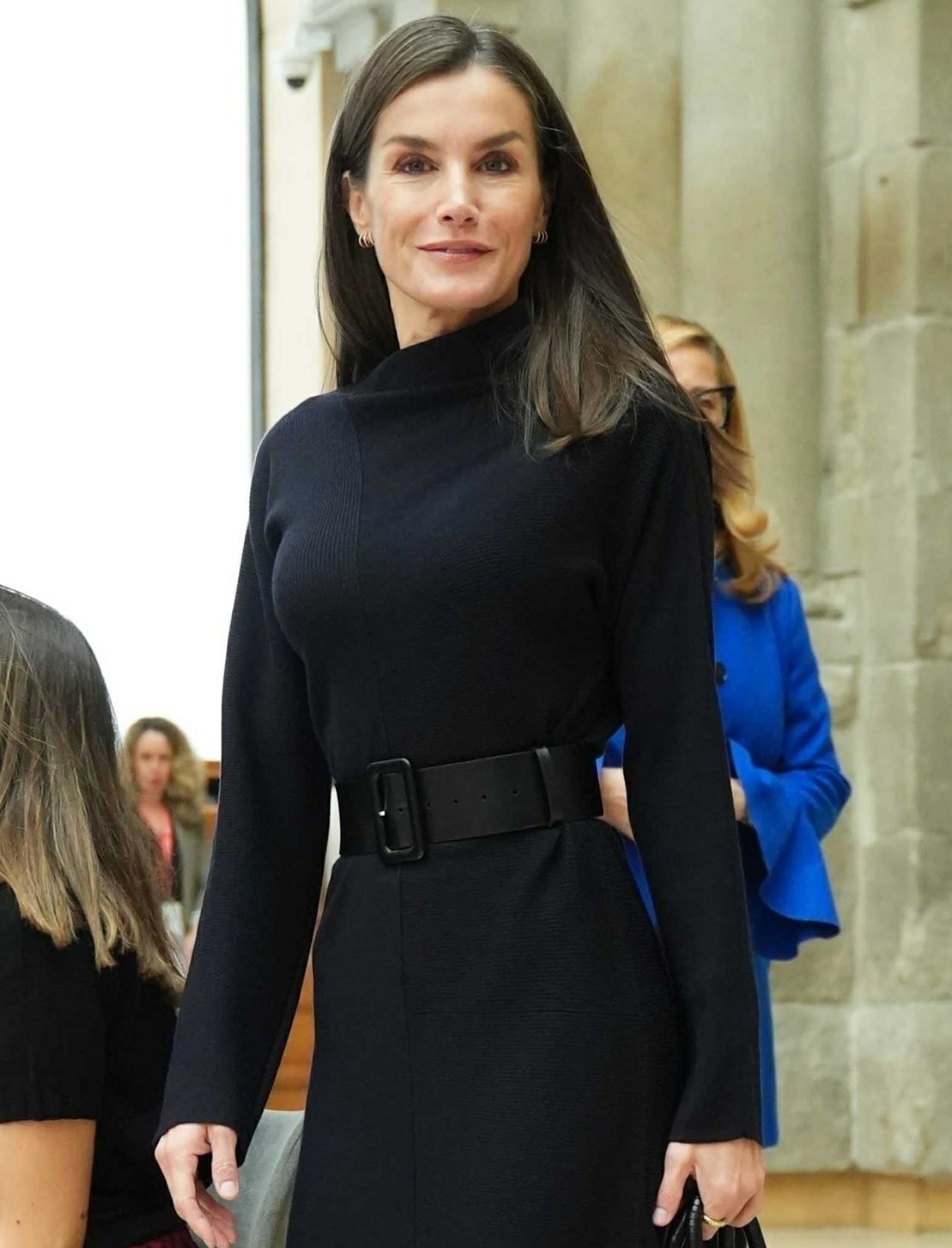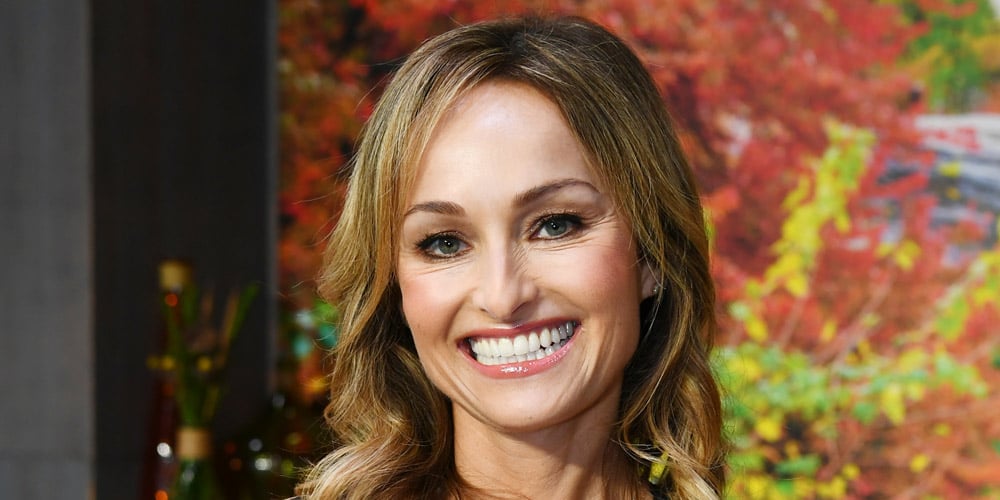ARTICLE AD
“This is a matter of saving the culture of Afghanistan,” Iranian filmmaker Mohsen Makhmalbaf said to a parliamentary committee this morning as he pled with the UK government to house dozens of creatives in danger from the Taliban.
Makhmalbaf, a decorated auteur who has been campaigning and helping around 800 Afghani creatives and their families exit the nation for the past three years, appeared in front of the UK’s Culture, Media and Sport Committee (CMSC) alongside his children, filmmakers Hana Makhmalbaf and Maysam Makhmalbaf, and Hat Trick boss Jimmy Mulville, to call on lawmakers to take action. This came after Hana Makhmalbaf made a documentary feature about the plight of Afghani creatives titled The List, which played at several festivals.
Mohsen Makhmalbaf stressed that accepting Afghani actors, journalists, poets and dancers into the UK would be of net benefit to the nation while simultaneously helping save lives and enrich local culture. He harked back to the situation in Afghanistan in the decades preceding the Taliban’s brutal 2021 takeover, over which the U.S. and European governments have been heavily criticized. This prior era “was a peak for freedom of speech” in Afghanistan, he said, with nearly 100 TV stations, 300 local radio stations and 100 newspapers, the majority of which have been shut down by the Taliban and the rest have become organs of the state.
“We need urgent help not just for saving people but for our benefit here [in the UK],” he said. “When artists come here they bring the sense of the culture of Afghanistan, because the Taliban is reducing and deleting their culture.”
Mulville, who runs one of the most successful British independent production companies, watched The List and has since been helping the Makhmalbafs with their campaign. He concurred with Mohsen Makhmalbaf that resettling creatives to the UK is for the good of British society.
“These people don’t need us to find them jobs or accommodation they need to not be killed, to come here and to create work,” he said. “Through Afghanistan International [TV Station] and BBC Persia they can beam material back into Afghanistan and young people can see their culture albeit 4000 miles away but nevertheless it will be free speech.” To illustrate his point, Mulville noted that the Makhmalbafs themselves fled the Iranian regime 20 years ago and have since “made 12 films, put down roots and become productive members of our society.”
The Makhmalbafs’ campaign saw them generate the list two months before the 2021 Taliban takeover and subsequently pressure Western governments that these people have connections with to take them in. So far, around 300 have been resettled in France, 80 in Germany and a small number have gone to the U.S. via programs set up by Harvard, Chicago and Columbia Universities. The vast majority of those who remain on the list have connections with the UK, Mohsen Makhmalbaf said, and attention has turned to the new Labour government.
Mulville screened The List in Central Londo and had “exploratory meetings” with the previous government along with “good meetings” at the recent Labour Party conference. However, he said a letter to senior Conservatives from the previous government about the “extraordinary situation” went unanswered. The Home Office says it has so far taken in around 30,000 Afghani refugees since 2021 via its Afghan Resettlement Programme. Deadline has reached out to them for comment on the creatives.
Devastating stories
Hana Makhmalbaf was motivated to create The List after her father enlisted her help for a few hours to try and contact as many Afghani creatives as possible when it became clear the Taliban would soon take over. “Those few hours became five consecutive weeks of working,” a visibly emotional Hana Makhmalbaf told today’s committee hearing. “Every time I think back to those weeks my whole body is shaking. Each hour we slept one more person could die so we would feel guilty to go to sleep and would take it in turns.”
The Makhmalbafs detailed devastating stories of creatives being persecuted by the Taliban. Hana Makhmalbaf said she was on the phone to an actress who was hiding under her burkha with muffled voice trying to get to the airport. “She was saying, ‘They are shooting at my photo on a billboard,’ and I was imagining what would happen if they arrested her,” added the filmmaker.
Mohsen Makhmalbaf told of comedians being stopped in the street by the Taliban, asked to tell jokes and then shot on the spot, or an Afghani YouTuber who jumped out of a fourth floor high rise rather than be arrested and tortured. He also said he had spoken with the former Afghanistan culture minister who had fled to the mountains but was eventually arrested.
Hana Makhmalbaf delivered a final plea for these creatives to be remembered as the world moves on from those tragic events of 2021.
“I was talking to my father and he said to me the problem is that the world has forgotten these artists but these people haven’t forgotten that they are in danger and are hiding,” she added. “But they can’t hide themselves, they were in TV, they were dancing, they are famous people in Afghanistan. The Taliban won’t go to a baker first and kill them, they will go to renowned people in cinema, or poetry.”

.png) 2 hours ago
3
2 hours ago
3 

